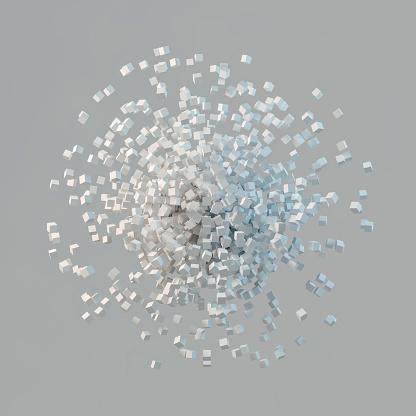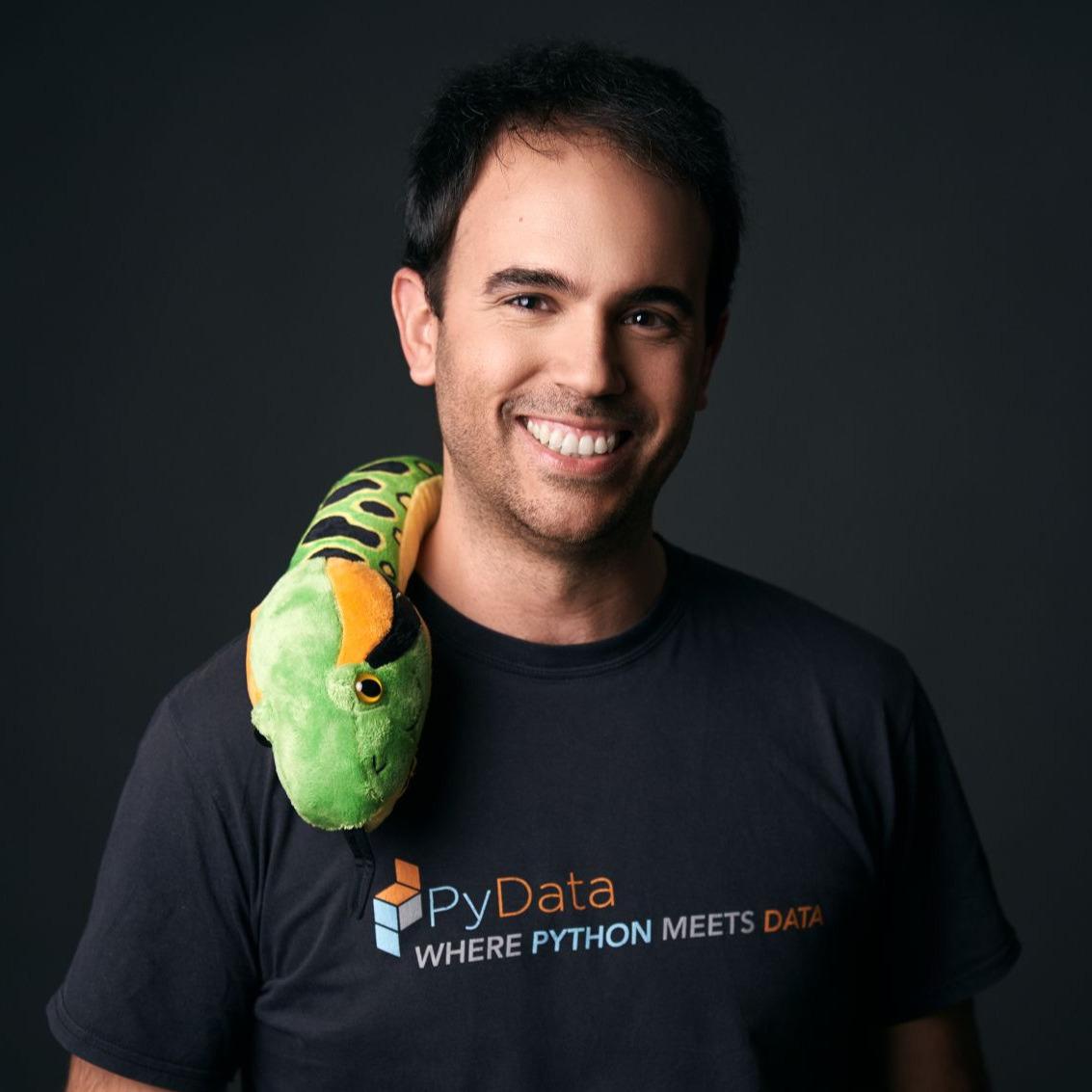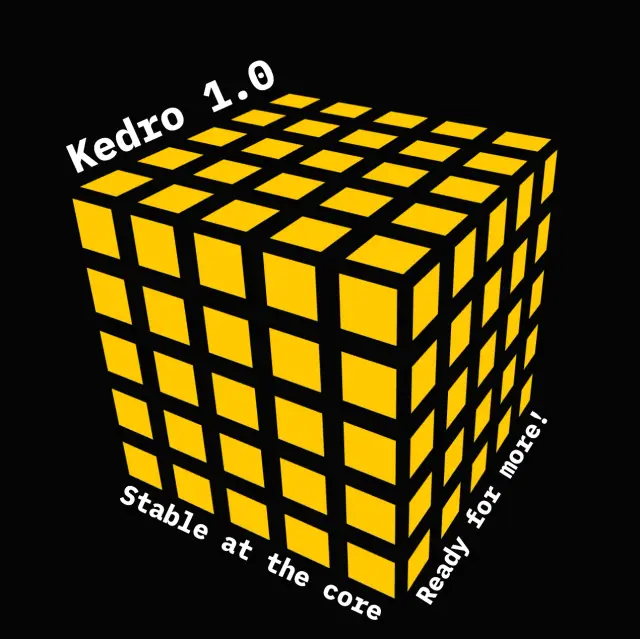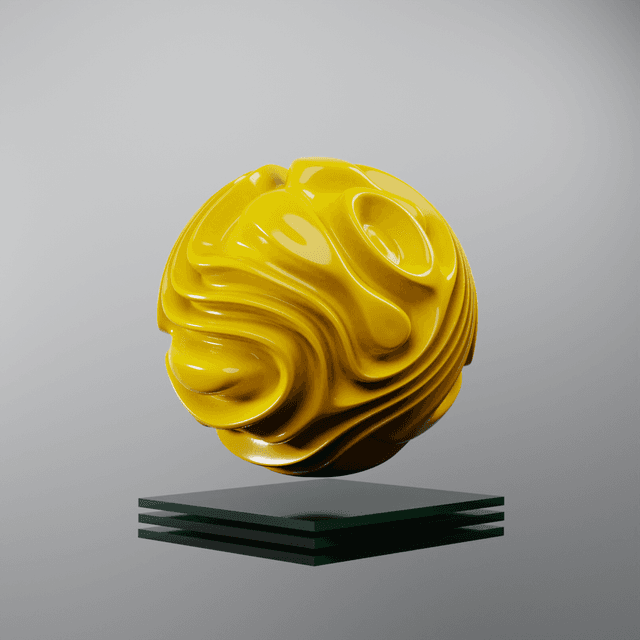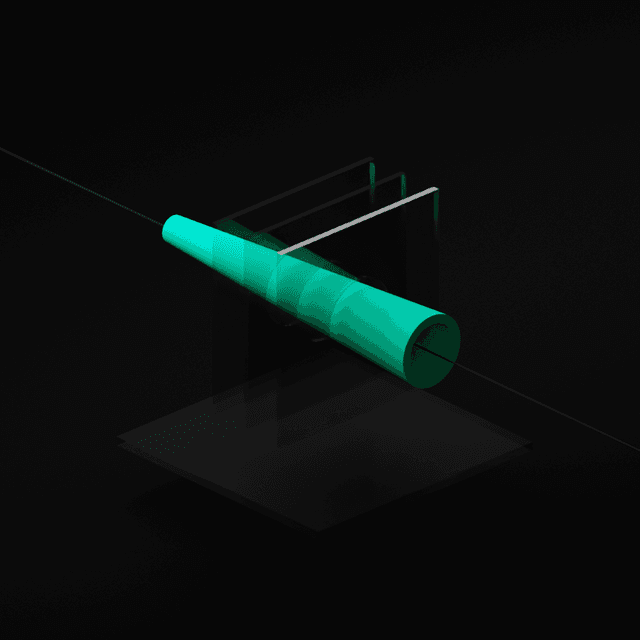We have some news for users of Kedro-Viz: we plan to phase out the Experiment Tracking view in the near future. The upcoming release, Kedro-Viz 11.0, will be the final version to include the Experiment Tracking feature. To help users prepare for this change, we will introduce a modal dialog in Kedro-Viz 11.0 that will inform users about the deprecation and provide details on the transition plan.
Kedro-Viz 12.0 will be the next version we release, and it will exist without Experiment Tracking functionality.
Why we’re making this change
As a product team, we are constantly evaluating our features to ensure they meet the needs of our users and align with our vision for the framework. After extensive discussions and careful consideration, we decided to deprecate our Experiment Tracking component. This decision was not made lightly, and we want to share the rationale behind it with you.
During our discussions, we explored several options, and ultimately we concluded that complete removal was the best course of action. The primary reason for this decision is the lack of sufficient user traction: despite our efforts, the Experiment Tracking component has not gained the widespread adoption we had hoped for, and we are aware that well-developed, open source solutions already exist in the market.
We believe that our users deserve the best tools available, and after evaluating the landscape of experiment tracking solutions, we have decided to double down on our integration with MLflow. MLflow is a robust, widely-adopted tool that offers comprehensive experiment tracking capabilities.
Kedro + MLflow = <3
Fortunately, some very well established alternatives already exist. Many of our users have already discovered the synergy between Kedro and MLflow, often citing them as the perfect companions for managing and tracking experiments.
Our colleague Yolan Honoré-Rougé, a member of the Kedro Technical Steering Committee, has developed `kedro-mlflow`, a plugin that seamlessly integrates Kedro with MLflow. Since its inception in 2020, `kedro-mlflow` has become one of the most widely used plugins in the Kedro ecosystem, helping data scientists streamline their workflows and enhance their experiment tracking capabilities.
Getting started with `kedro-mlflow` is simple. You can install the plugin using the following command:
1pip install kedro-mlflowAnd that’s it! Once installed, a hook will automatically register, ensuring that every `kedro run` is logged to MLflow without any additional configuration.
With some more work you can get `kedro-mlflow` to also track your artifacts, act as a model registry, and much more. There are several resources that can help you explore this plugin:
How to migrate from Kedro Viz Experiment Tracking to MLflow?
Transitioning from Kedro Viz Experiment Tracking to MLflow is straightforward. Below, you will find the equivalent `kedro-mlflow` datasets along with the necessary adjustments to replace them in your `catalog.yml`:
Kedro-Viz dataset type | MLflow dataset type | Configuration details |
|---|---|---|
tracking.MetricsDataset | MlflowMetricDataset | No additional configuration needed. |
tracking.JSONDataset | MlflowArtifactDataset | Wrap within MlflowArtifactDataset and configure as json.JSONDataset. |
plotly.plotlyDataset | MlflowArtifactDataset | Wrap within MlflowArtifactDataset. |
plotly.JSONDataset | MlflowArtifactDataset | Wrap within MlflowArtifactDataset. |
matplotlib.MatplotlibWriter | MlflowArtifactDataset | Wrap within MlflowArtifactDataset. |
If you have any questions, feel free to open an issue on GitHub or ask us live in our Slack community.
Looking ahead
Our commitment to enhancing Kedro and its ecosystem remains stronger than ever. We are continuously exploring new features and improvements to make your data science workflows more efficient and enjoyable. Stay tuned for more documentation and learning resources on combining Kedro with MLflow, as well as improvements in the user experience for experimentation in Kedro.
